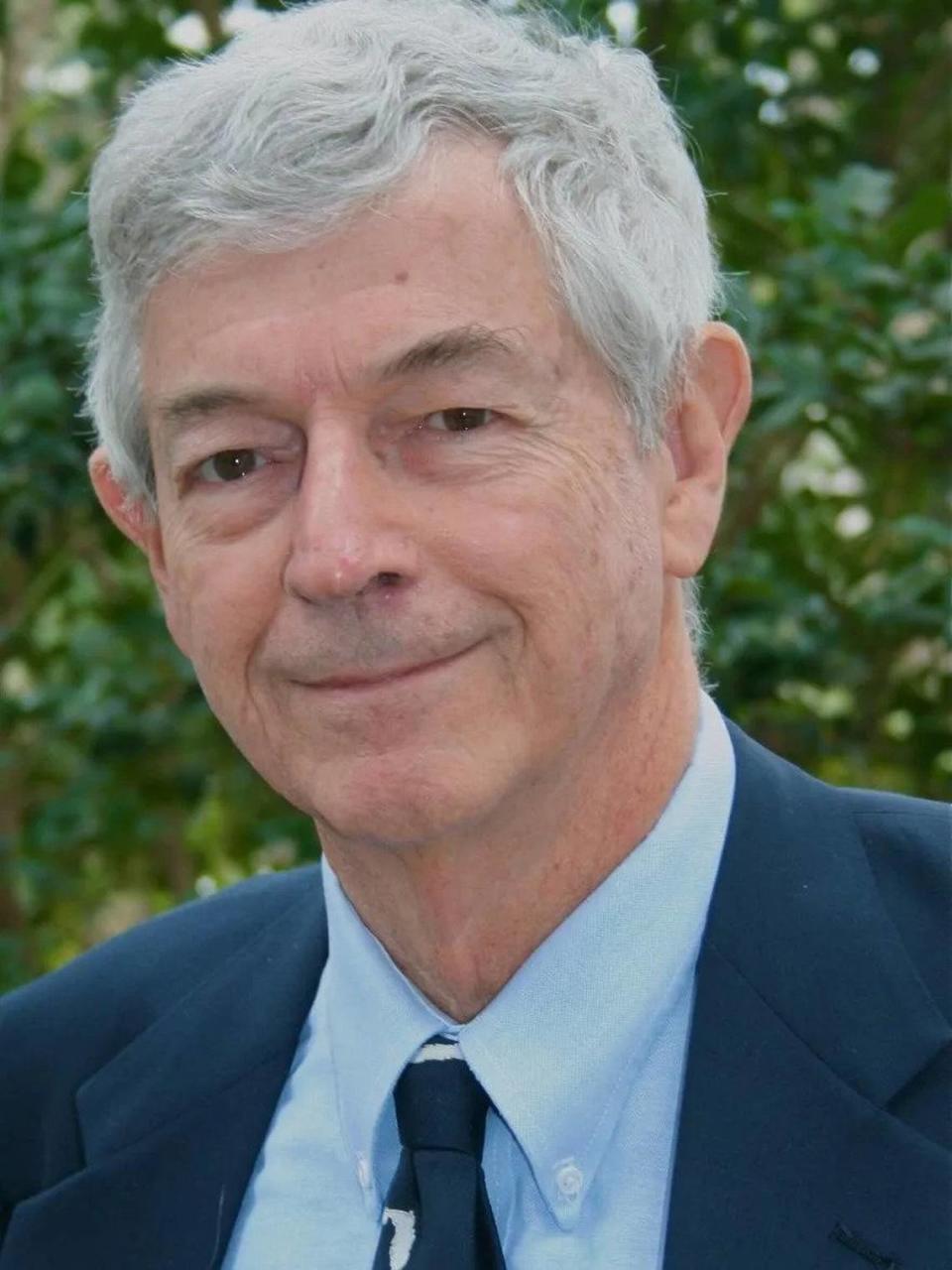In Miami, 60 years later, we’re still left with the ‘what ifs’ of Kennedy’s death | Opinion
- Oops!Something went wrong.Please try again later.
- Oops!Something went wrong.Please try again later.
- Oops!Something went wrong.Please try again later.
Wednesday marked the 60th anniversary of the date in 1963 when an assassin’s bullet killed President John F. Kennedy and altered the course of American politics — arguably nowhere more so than in Florida.
JFK’s time in the White House was brief — seven weeks less than two full years — and it never was really the “Camelot” proclaimed by the fawning liberal media. However, JFK did leave a lasting political imprint, especially in South Florida.
In part, this was because of a failed CIA mission — the Bay of Pigs invasion in Cuba. The CIA had cooked up the invasion before Kennedy took office, and it began just three months into Kennedy’s presidency. The CIA’s venture’s success depended upon getting support from the U.S. military. It never materialized.
The resulting fiasco solidified Fidel Castro’s rule, which lasted for decades and included an especially terrifying episode during the Cold War when the Soviet Union was intent on deploying missiles on the island.
This so-called Cuban missile crisis occurred during the second year of Kennedy’s tenure. Information released years later depicted it as a situation that nearly brought the world to the brink of a nuclear war.
What defused the crisis was the Kennedy administration’s agreement that if the Soviet Union refrained from deploying missiles in Cuba, the United States would remove the missiles that it had deployed in Turkey — and would promise not to invade Cuba.
The Bay of Pigs failure and the terms of agreement settling the Cuban missile crisis had long-term political consequences. As the Cuban-exile community began to blame Kennedy and the Democrats for Castro’s long dictatorial reign, they gravitated toward the Republican Party.
This was a bit of an anomaly compared with the leanings of most other immigrant groups in the United States, but Nicaraguans, Venezuelans and others fleeing dysfunctional socialist regimes followed suit.
In the decades that followed, more Cuban exiles became U.S. citizens and gained the right to vote. The GOP cultivated their support, and Little Havana became a regular stop on the campaign trail for Republican presidential candidates.
That partisan divide carried over to state politics as Cuban-American Republicans amassed power in the Legislature. Marco Rubio followed a stint as Florida’s House speaker with winning election to the U.S. Senate.
This sequence of events arguably began with the failure of the Bay of Pigs invasion. Many of the veterans who took part in that ill-fated mission later returned to the United States.
In fact, a decade after that fiasco, Bay of Pigs veterans played a role in the political demise of another president, Richard Nixon — ironically, one whom they thought they were helping.
By burglarizing the Democratic National Committee’s Watergate headquarters — twice — they initiated a trail of investigations and a cover-up that eventually led to Nixon’s resignation.
By then, the nation was awash in conspiracy theories concerning the Kennedy assassination. With the slaying’s 60th anniversary occurring this week, those theories are now finding a new audience on the internet.
This illustrates the difficulty of disproving conspiracy theories — past or present. Rigged election? Can you prove that it wasn’t? The 9/11 terrorist attack was an inside job? Can you prove that it wasn’t?
The Warren Commission, chaired by Chief Justice Earl Warren, was tasked with investigating JFK’s murder. It concluded that Lee Harvey Oswald acted alone, but doubts persist to this day and are cultivated by conspiracy theorists.
Indeed, some critics of the Warren Commission’s report even theorized that the CIA, angry that JFK had failed to support the Bay of Pigs invasion, was somehow involved in his assassination, despite the lack of evidence to support that claim.
The government’s credibility as a teller of unvarnished truth had already been damaged by the U2 incident under JFK’s predecessor, Dwight Eisenhower, and it was not exactly enhanced in 1971 when the New York Times published the “Pentagon Papers.”
The “Pentagon Papers” documented decades of deception and cover-ups regarding U.S. involvement in Southeast Asia and also reflected poorly on JFK’s Defense Secretary Robert MacNamara.
MacNamara had continued in that post under President Lyndon B. Johnson, a period that coincided with a futile and bloody escalation of the war in Vietnam, while simultaneously denying military support for the Bay of Pigs invasion.
So, 60 years after JFK’s assassination, we are left to ponder what ifs. What if the Kennedy administration had provided military support for the Bay of Pigs invasion, overthrowing Castro and avoiding decades of dictatorship and hardship on the island?
Sadly, we’ll never know.


